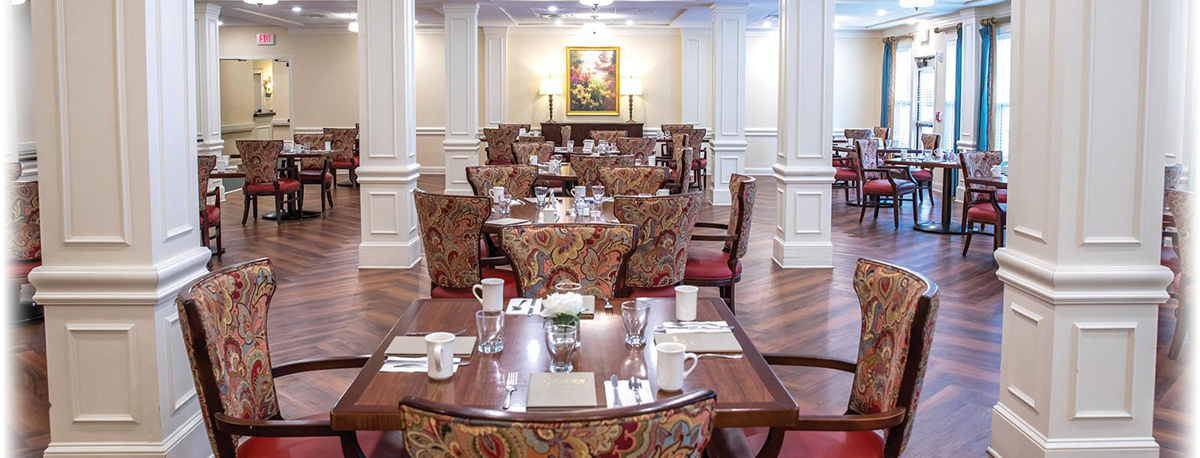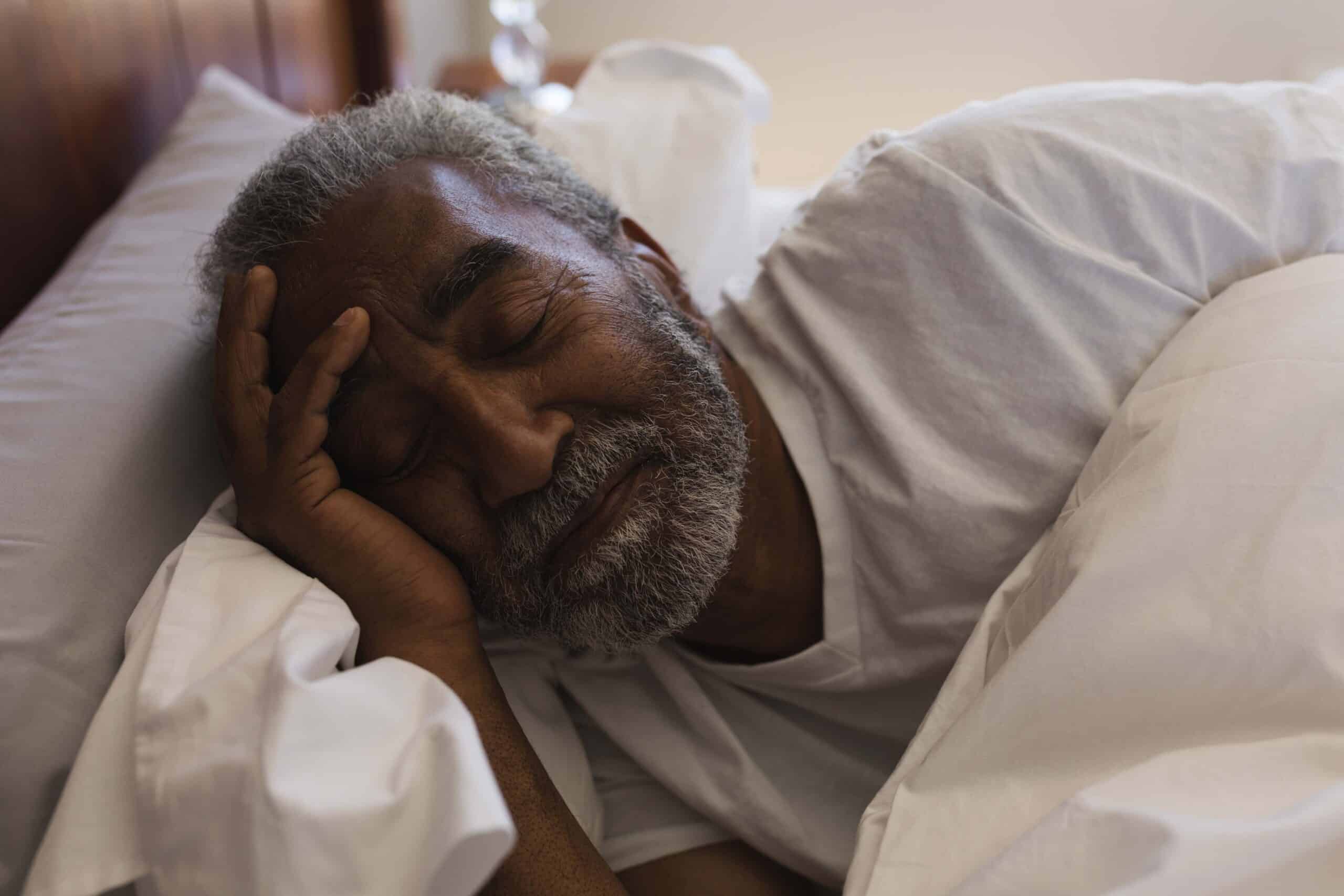Sleep is essential for your health and well-being as you age. Health experts will tell you that but you probably already know it.
Treat sleep as important to your health as your diet and regular exercise. Health studies show that if you get too much sleep or sleep too little can be a piece of the mortality puzzle.
For many older people, you tend to go to sleep earlier and wake up earlier than in your younger years. You still need about seven to nine hours of sleep each night, but it may be tough to get a solid night’s rest.
Getting a good night’s sleep as you age has many reasons and causes. Some of these causes may be sickness, or physical pain that leaves you uncomfortable in your bed.
Another cause could be prescription medicines that may cause insomnia or make sleep harder to get.
When You Don’t Get Enough Sleep
According to the Centers for Disease Control and Prevention (CDC), if you don’t get enough sleep, on the next day you may:
- Have more falls or accidents
- Feel depressed
- Be irritable
- Have memory problems or be forgetful
Many older adults find they suffer from insomnia. You’re not alone as it’s common among older adults.
One cause can be stress. If you’re too stressed, you may have trouble falling asleep and then struggle with sleep through the night.
Talking to a doctor about your sleep issues can be helpful. The doctor may prescribe sleep aids or prescription medicine.
These Tips Can Help With Your Sleep
Even as you age, you can still get enough sleep to enjoy good health. These 10 tips from the CDC will help you enjoy a good night’s sleep and wake up feeling rested.
1) Have a regular sleep schedule. A regular sleep schedule means go to bed and get up at the same time every day. Keep this schedule on the weekends and when you travel.
2) Don’t take naps late in the afternoon or in the evening. Taking naps later in the day may keep you awake at night.
3) Have a bedtime routine. Make sure you relax before you go to bed at night. Read a book or magazine, listen to soothing music, or soak in a warm bath.
4) When you’re in your bedroom, avoid watching television, or using your computer, mobile phone, or tablet. The light from these devices may make it difficult for you to fall asleep. Alarming or unsettling shows or movies, like horror movies or lots of violence, may keep you awake.
5) Make sure your bedroom is at a comfortable temperature. It shouldn’t be too hot or too cold in your bedroom. Also, make sure it’s as quiet as possible.
6) Keep the lights low. Low lighting in the evening and as you get ready for bed help you prepare for sleep.
7) Don’t exercise within 3 hours of your bedtime. A regular exercise routine is important, but it shouldn’t be close to when you want to go to sleep.
8) Don’t eat large meals close to bedtime. Food in your stomach can keep you awake.
9) Avoid caffeine late in the day. Caffeine in coffee, tea, soda, and chocolate may be a cause of keeping you awake. Some people avoid caffeine after noon.
10) Alcohol isn’t a sleep aid. It may be doing the opposite, in fact. Even small amounts of alcohol may make it harder for you to sleep well.
A CARING-FIRST ENVIRONMENT
Senior living communities like Bellaire at Stone Port are precisely that—a community. Residents become friends and even family, and a caring team is there to help them maintain their quality of life.
At Bellaire at Stone Port, we offer both Assisted Living and Memory Care and we care with Honesty, Excellence, Accountability, Residents first and Teamwork. We like to call it Caring with H.E.A.R.T.™!
If you believe a senior living community would benefit your loved one, get in touch with us. Schedule a visit or download a brochure today!



